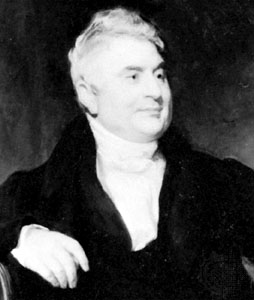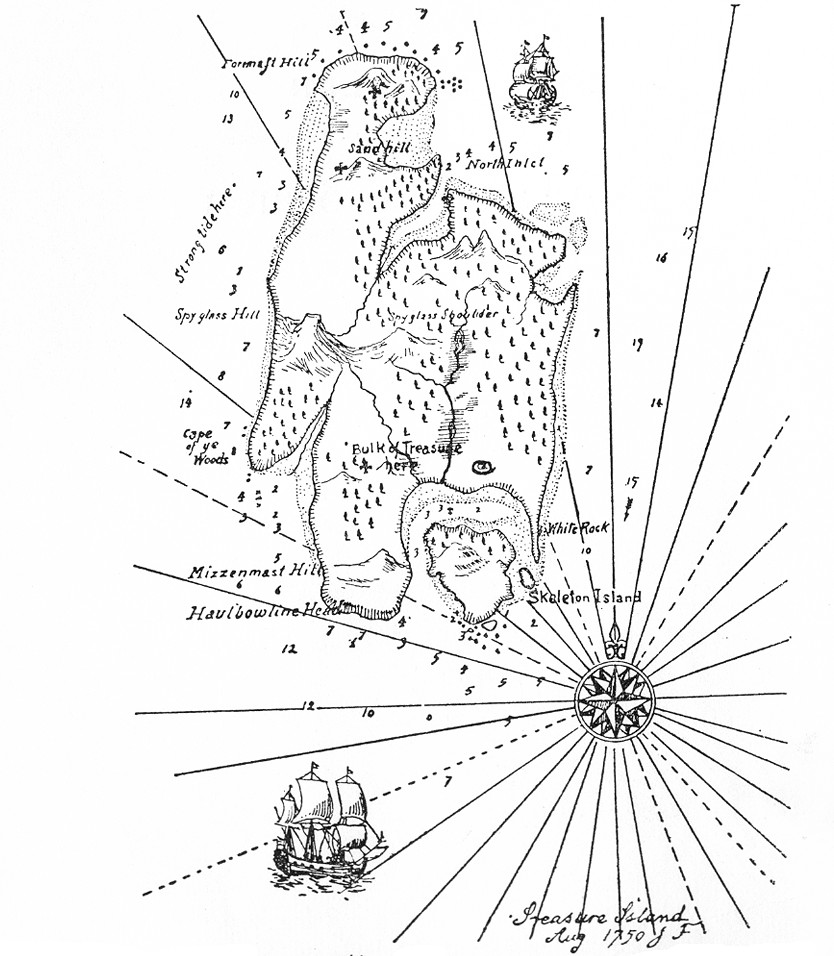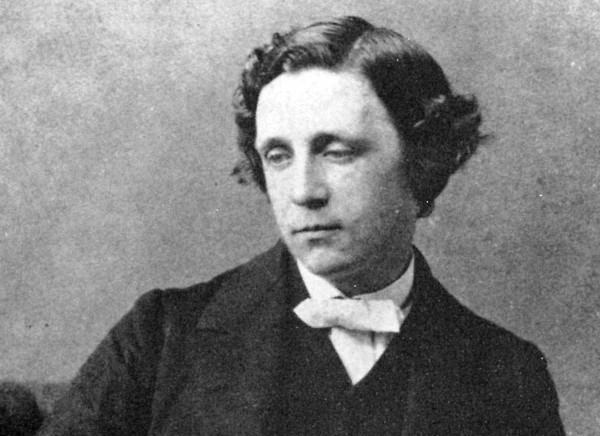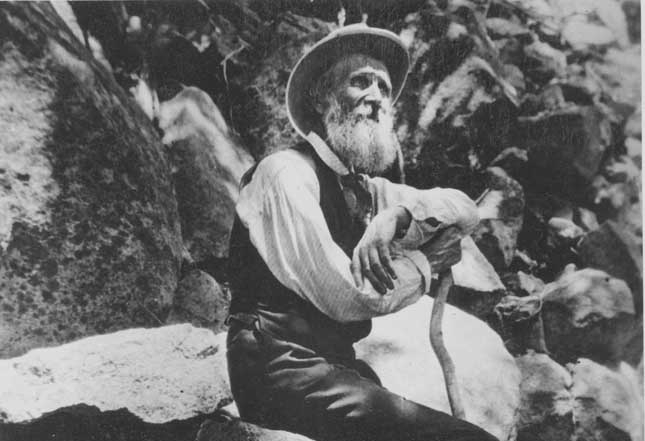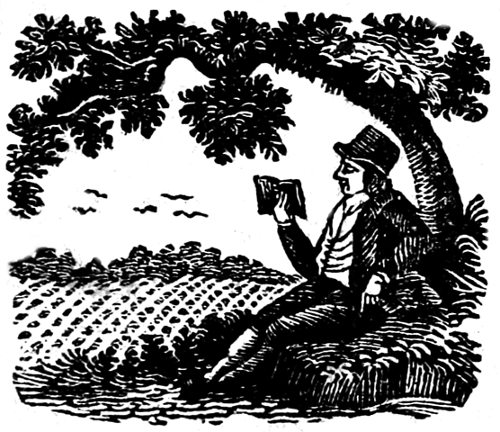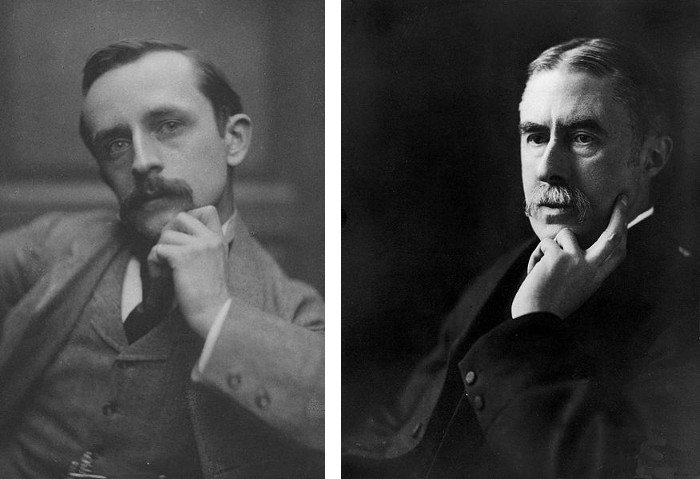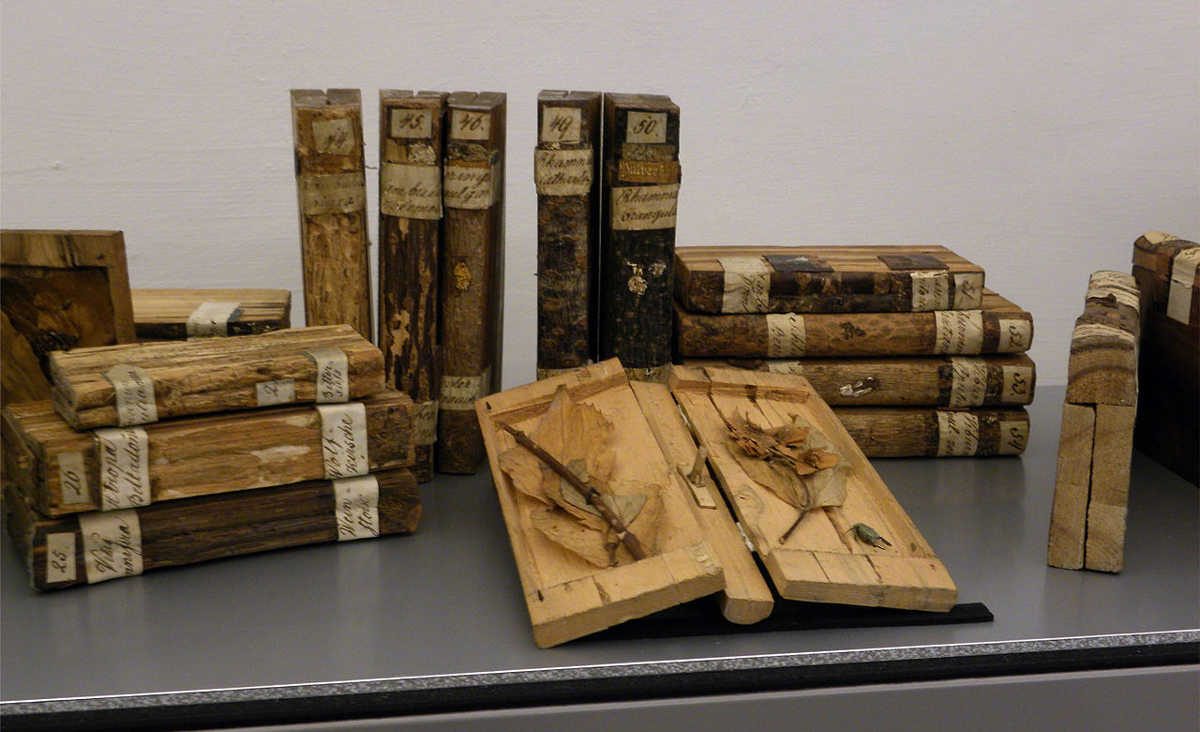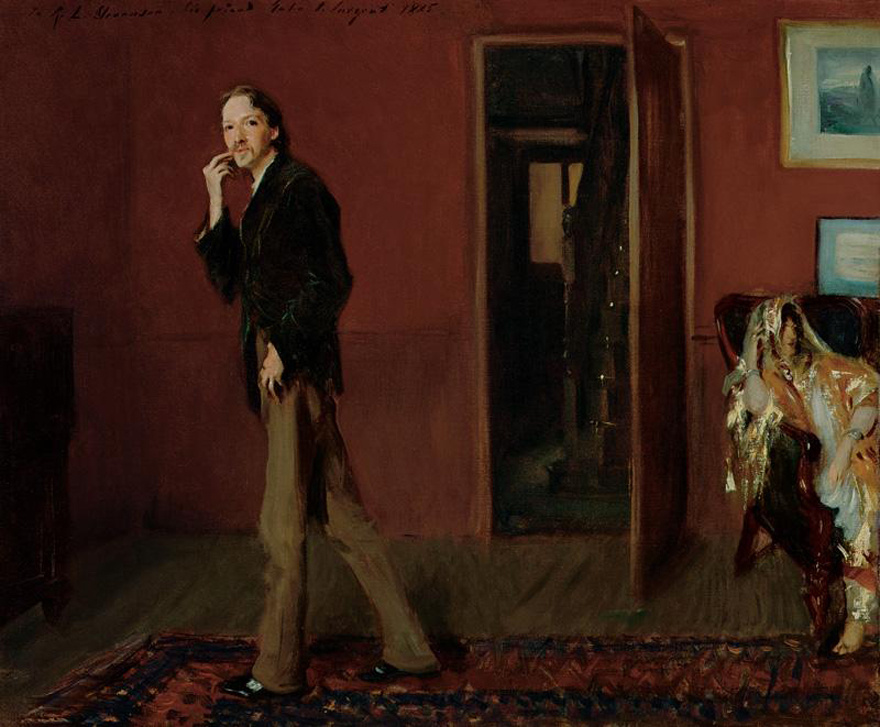
In 1884 Robert Louis Stevenson began to give writing lessons to his 26-year-old neighbor Adelaide Boodle. One of his first assignments was to describe a place. When he read her attempt, he said, “Oh, but this work is disgracefully bad! It could hardly be worse. What induced you to bring me stuff like this?” When she asked him what was wrong with it, he said:
‘As a first step in the right direction we will do a sum together. Count the adjectives in that exercise.’
I did so.
‘Now then, see how many times that will go into the number of words allowed for the whole description.’
The result proved that my modest percentage of adjectives was 17 1/2.
‘And mostly weak ones at that!’ remarked the Master with a queer little grimace at the culprit.
‘But how ought it to have been done?’
The voice that made this appeal for light and leading was no longer in the least lachrymose: it was now, I flattered myself, that of a vigorous and determined student.
‘You should have used fewer adjectives and many more descriptive verbs,’ came the swift reply. ‘If you want me to see your garden, don’t, for pity’s sake, talk about “climbing roses” or “green, mossy lawns”. Tell me, if you like, that roses twined themselves round the apple trees and fell in showers from the branches. Never dare to tell me again anything about “green grass”. Tell me how the lawn was flecked with shadows. I know perfectly well that grass is green. So does everybody else in England. What you have to learn is something different from that. Make me see what it was that made your garden distinct from a thousand others. And, by the way, while we are about it, remember once for all that green is a word I flatly forbid you to utter in a description more than, perhaps, once in a lifetime.’
She judged that the lesson was “well worth suffering for,” and the two became good friends. “After all, R.L.S. ‘was going to teach me to write’. What on earth did anything else matter?”
(From Boodle’s R.L.S. and His Sine Qua Non, 1926.)
